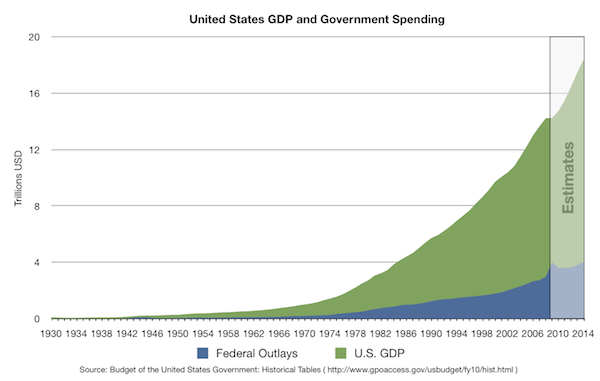Gipper
Well-Known Member
Gipper, et al,
It is a bad neighborhood.
(COMMENT)
It would be wise if Israel is vigilant and alert, but not actively defensive. Like any bad neighborhood, where the neighbors are offensive, rude, rough and intimidating, you don't go out of your way to poke the bear. But you do have to maintain the bravery to walk down the street.
(COMMENT)
For now, Iran is a "hot air diplomat." It talks tough, but the rhetoric is not credible. Iran doesn't have a weapon system yet. It may never have a weapons system. Iran is the "Mouse that Roars." It doesn't have a capability that can impact Israel. And, you cannot use deadly force against someone that talks tough - but has no real ability to hurt you.
Terrorism is a different animal all together. In respect to Iran, terrorist organizations came first. Iran is not the father of any one particular terrorist scheme. It looks for an existing aggressor or belligerent and then provides support some limited support.
The US, and other nations, think of Iran as a shadow benefactor and banker for the Hezbollah, and (anti-American) insurgents in Iraq. It was only in March 2006 that the US labeled Iran as a state sponsor of terrorism; which mostly related to activities in Iraq and Lebanon. But if you ask the question: Which terrorist Organisations were created by or operate out of Iran, you hear the sound of silence. The IRGC (in particular the Quds Force element) operations much on the mission order as any Clandestine Service (US, Russian, French, China, etc). It conducts operations on a limited scale, usually in suggested or manipulative manner. But we don't refer to these other nations as conducting terrorist activity. The IRGC-QF provides training, weapons, and monetary support to allied activities in much the same fashion as the US did with the Mojahedin (Afghan) Islamic resistance fighters against the Russians.
(COMMENT)
What would you have them do?
You are suggesting that Israel is under threat from an imminent Iranian transgression, the potential transgression is credible and lethal. So you advocate:
Vigilante Activism: Israel taking the World Police Powers into their own hands and assaulting Iran; preemptively.
Yeah, when the US claimed Iarq had WMD, and we invaded Iraq -- how did that workout?
Do you wait for the Mushroom Cloud? In essence, YES! Before Iran can have a working weapon, it must test it; it is only prudent to see if it works. That is substantial evidence, and now begins to alter the paradigm. Once Iran has passed this threshold, then they can no longer be protected under the "Hot Air" scenario. The threat becomes credible and that signals the time to strike.
Iran may NOT in fact be building a weapon, but instead, playing a game to get world attention. It appears that Iran has hit a nerve and has a non-existent bargaining chip that it can trade. It is diplomatic blackmail using technology. And the US will give them just about anything in order for the US to limit further proliferation.
Most Respectfully,
R
If you are correct that Iran is not close to a deliverable nuclear weapon, than I agree with your position. Iran's leaders could very well be blustering in the hopes of an Israeli attack, that would help the leadership stay in power.
I can only hope that Mossad has the intel on their nuke program and knows exactly where it stands.

